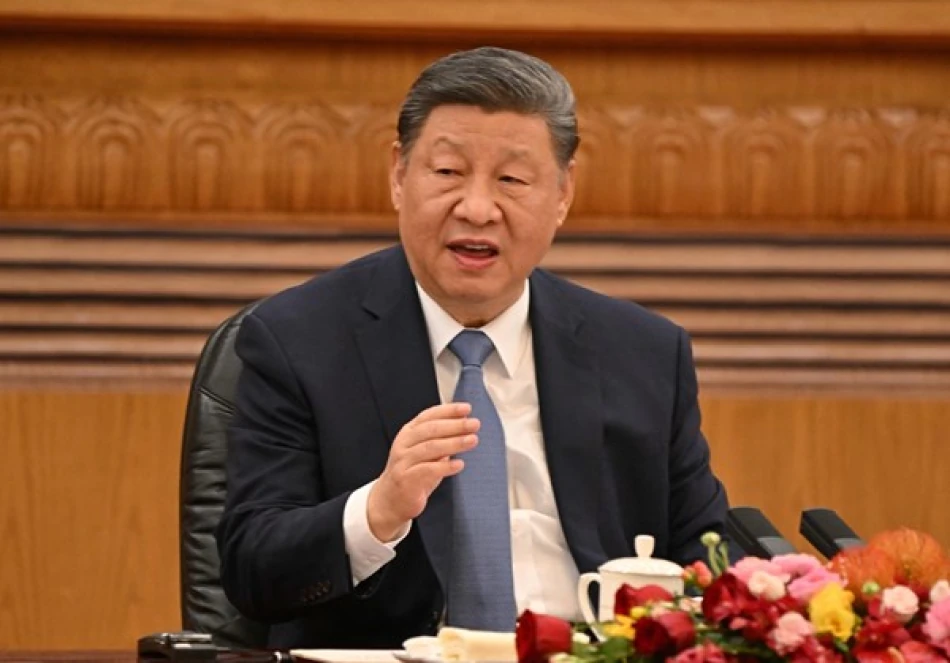
China and EU Leaders Converge in Beijing for High-Level Summit
China-EU Summit Set to Address Trade Tensions as Brussels Seeks Strategic Balance
European Commission President Ursula von der Leyen and European Council President Antonio Costa will visit Beijing this Thursday for high-stakes meetings with Chinese President Xi Jinping, marking the 25th China-EU Summit amid escalating trade disputes and geopolitical tensions. The timing suggests both sides are seeking to recalibrate their relationship as global supply chains face increasing pressure.
High-Level Diplomacy Returns to Beijing
Chinese Premier Li Qiang will co-chair the summit alongside the EU leaders, signaling Beijing's commitment to maintaining economic ties with its second-largest trading partner. The meeting comes at a critical juncture as the EU grapples with balancing economic interests against security concerns over Chinese technology and industrial policies.
This represents the first major EU leadership visit to China since relations cooled over issues including Hong Kong, Xinjiang, and more recently, China's stance on the Russia-Ukraine conflict. The face-to-face format suggests both sides recognize the limitations of virtual diplomacy in resolving complex economic disputes.
Trade Wars and Electric Vehicle Tensions
The summit occurs against a backdrop of intensifying trade friction, particularly over electric vehicles and green technology. The EU has imposed provisional tariffs on Chinese EVs, citing unfair subsidies, while Beijing has threatened retaliatory measures on European agricultural products and luxury goods.
For European businesses, the stakes are enormous. China remains crucial for companies like Volkswagen, BMW, and LVMH, which generate significant revenue from Chinese consumers. However, growing pressure from Washington and domestic security concerns have pushed Brussels toward a more cautious approach to Chinese investment and technology transfer.
Strategic Implications for Global Markets
The meeting's outcome could significantly impact global supply chains and investment flows. Unlike the US approach of broad decoupling, the EU has pursued "de-risking" – maintaining economic ties while reducing critical dependencies. This nuanced strategy requires constant recalibration through diplomatic engagement.
Investors will watch closely for signals about future trade policies, particularly in semiconductors, renewable energy, and critical minerals. Any progress on market access issues could benefit European multinationals, while continued tensions might accelerate the fragmentation of global value chains.
Testing European Unity
The summit also tests EU internal cohesion on China policy. While countries like Germany and the Netherlands prioritize economic relationships, Eastern European members and France have pushed for tougher stances on security issues. Von der Leyen and Costa must balance these competing interests while presenting a unified European position.
The meeting's success will likely be measured not by breakthrough agreements but by whether it establishes frameworks for managing ongoing disputes. As both economies face domestic pressures and global uncertainties, pragmatic cooperation may prove more valuable than grand diplomatic gestures.
Most Viewed News

 Layla Al Mansoori
Layla Al Mansoori






